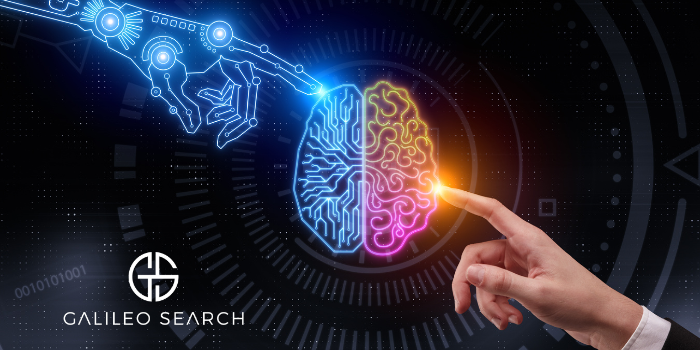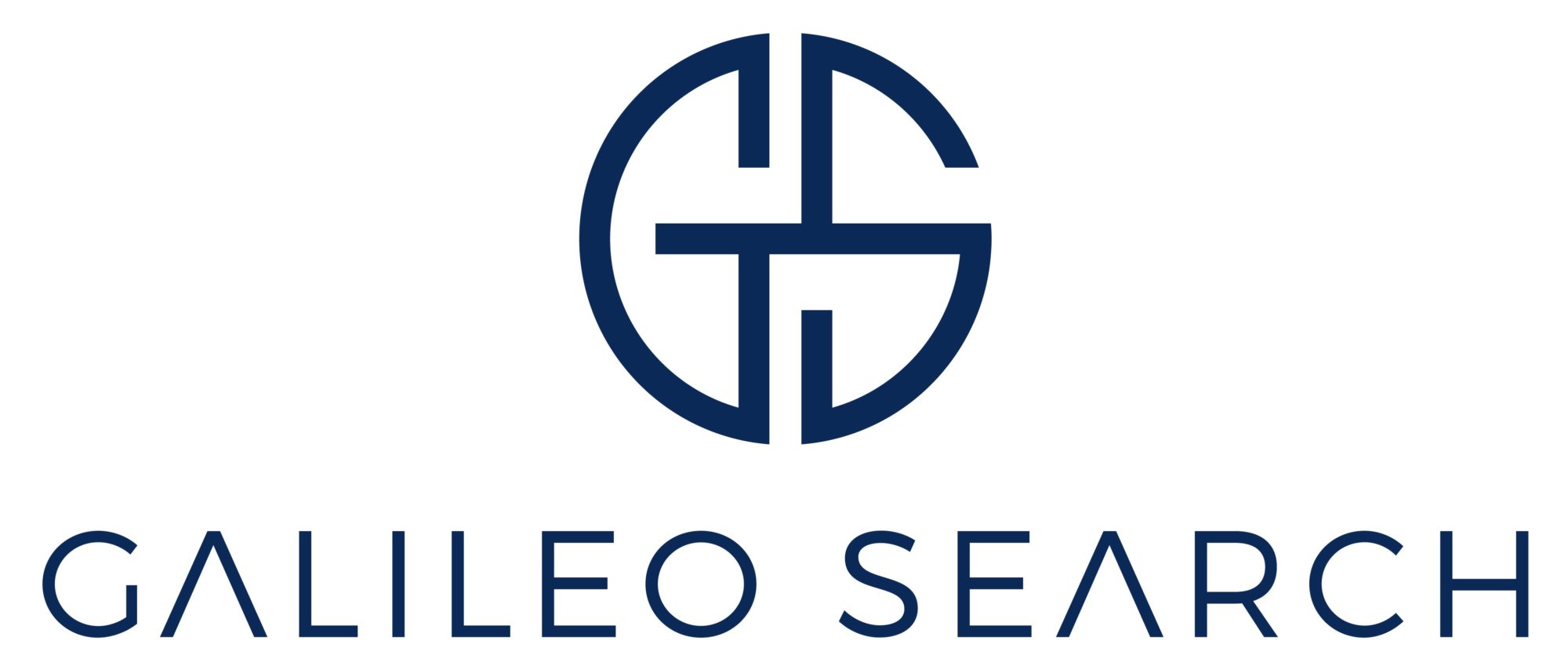The Galileo Compass: Navigating the World of Healthcare Staffing and Recruitment

The AI Healthcare Revolution: 10 Ways Artificial Intelligence is Empowering Patients and Doctors Alike – Uncharted Territory
Artificial Intelligence (AI) is transforming the healthcare industry in numerous ways, from improving patient outcomes to streamlining processes, reducing costs, and much more. The application of AI in healthcare is rapidly growing, and its potential benefits are immense. In this blog post, we’ll explore ten ways AI can benefit healthcare based on the latest research and data.
Early Detection of Diseases: Artificial Intelligence can be trained to analyze vast amounts of patient data to identify early signs of diseases, even before symptoms appear. By analyzing a patient’s medical history, genetic data, and lifestyle factors, AI algorithms can identify patterns and predict the likelihood of developing certain diseases. Early detection can improve treatment outcomes, reduce costs, and save lives.
Precision Medicine: Artifical Intelligence can help personalize treatments based on a patient’s unique genetic makeup, medical history, and other factors. By analyzing vast amounts of data, AI algorithms can identify the most effective treatment options for individual patients. This approach, known as precision medicine, can improve patient outcomes, reduce side effects, and increase treatment efficiency.
Medical Imaging: AI algorithms can analyze medical images, such as X-rays, MRIs, and CT scans, to detect and diagnose diseases more accurately and quickly. AI can identify anomalies that human eyes might miss, enabling earlier detection of diseases and better treatment outcomes.
Drug Discovery: Artifical Intelligence can accelerate the drug discovery process by analyzing vast amounts of data and predicting the effectiveness of potential drug candidates. By analyzing data on the molecular structure of potential drugs, AI can identify those that are most likely to be effective, reducing the time and cost of developing new treatments.
Electronic Health Records (EHRs): AI can analyze EHRs to identify patterns and predict the likelihood of future health problems. By analyzing patient data, such as medical history, test results, and lifestyle factors, AI algorithms can provide doctors with valuable insights that can help them make more informed decisions about patient care.
Virtual Assistants: AI-powered virtual assistants can help patients manage their health by providing personalized advice, reminders, and information. Virtual assistants can also help doctors by automating routine tasks, such as appointment scheduling and prescription refills, freeing up more time for patient care.
Clinical Decision Support: Artificial Intelligence can provide doctors with real-time decision support, helping them make more informed decisions about patient care. By analyzing patient data and medical knowledge databases, AI algorithms can provide doctors with personalized treatment recommendations based on the latest research and best practices.
Disease Prevention: AI can help prevent diseases by analyzing data on risk factors and predicting the likelihood of developing certain conditions. By identifying patients who are at high risk, doctors can provide targeted interventions, such as lifestyle advice and screening tests, to reduce the likelihood of developing the disease.
Remote Patient Monitoring: AI-powered devices can monitor patients remotely, providing doctors with real-time data on vital signs, symptoms, and other health indicators. This approach can improve patient outcomes by enabling doctors to detect and address problems early, before they become more serious.
Healthcare Administration: Artificial Intelligence can streamline administrative tasks, such as billing, scheduling, and record-keeping, reducing costs and improving efficiency. By automating routine tasks, AI can free up more time for patient care, enabling healthcare providers to focus on what matters most – improving patient outcomes.
Artificial Intelligence is transforming healthcare in numerous ways, from improving patient outcomes to reducing costs and streamlining processes. As the technology continues to evolve, its potential benefits will only grow. By leveraging the power of Artifical Intelligence, healthcare providers can deliver more personalized, effective, and efficient care to patients, improving outcomes and saving lives.
Additional Reading:
Galileo Blog – https://galileosearch.com/blog/
Artificial Intelligence in Healthcare
- https://www.nytimes.com/2023/06/26/technology/ai-health-care-documentation.html
- https://www.who.int/news/item/16-05-2023-who-calls-for-safe-and-ethical-ai-for-health
- https://www.pewresearch.org/science/2023/02/22/60-of-americans-would-be-uncomfortable-with-provider-relying-on-ai-in-their-own-health-care/
